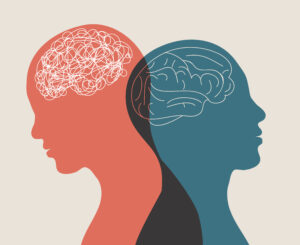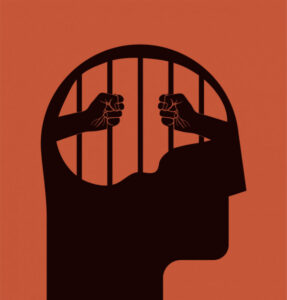The concept of justice continues to evolve as our society faces new challenges and opportunities for reform. As we proceed through 2025, understanding the current state of our justice system, its ongoing transformation, and the push for meaningful reform has become increasingly important for every citizen. This comprehensive exploration delves into the modern justice landscape and its impact on our daily lives.
The Evolution of Modern Justice
Justice in today’s world extends far beyond traditional courtrooms and legal proceedings. It encompasses social justice, environmental justice, and economic equity. The digital age has transformed how we think about and pursue justice, with online platforms making legal information more accessible than ever before. Yet, this transformation also brings new challenges in ensuring fair and equal access to justice for all members of society.
Understanding Current Reform Movements
Reform movements have gained significant momentum in recent years, addressing longstanding issues within the justice system. These initiatives focus on areas such as sentencing reform, police accountability, and rehabilitation programs. Progressive approaches to justice now emphasize restorative practices over purely punitive measures, recognizing that community healing often requires more than traditional enforcement methods.
Technology’s Role in Justice
The integration of technology has revolutionized the justice system. Virtual courtrooms, online dispute resolution, and artificial intelligence-assisted legal research have become commonplace. These innovations improve efficiency and accessibility, though questions about digital divide and equal access remain important considerations. The challenge lies in balancing technological advancement with fundamental fairness and due process.
Access to Justice in Today’s World
Despite technological advances, many individuals still face significant barriers when seeking justice. Economic disparities, language barriers, and lack of legal literacy continue to challenge equal access to legal resources. Community legal centers, pro bono services, and legal aid organizations work tirelessly to bridge these gaps, but the need for more comprehensive solutions persists.
Rights and Responsibilities
Understanding one’s legal rights has become increasingly complex in our interconnected world. From digital privacy rights to workplace protections, citizens must navigate an evolving landscape of laws and regulations. This knowledge empowerment goes hand in hand with civic responsibility, as an informed citizenry is essential for a functioning justice system.
Environmental and Social Justice
Modern justice increasingly recognizes the interconnection between environmental sustainability and social equity. Environmental justice movements highlight how ecological challenges disproportionately affect vulnerable communities. This understanding has led to new legal frameworks and enforcement mechanisms designed to protect both natural resources and human rights.
The Role of Community Engagement
Community participation in justice reform has become increasingly vital. Grassroots organizations, community advocacy groups, and citizen initiatives play crucial roles in shaping policy and promoting accountability. This bottom-up approach to justice reform ensures that changes reflect the needs and experiences of those most affected by the system.
International Perspectives
Global interconnectedness has highlighted the importance of understanding justice from an international perspective. Cross-border legal issues, human rights considerations, and international cooperation in law enforcement all contribute to a more comprehensive approach to justice. Learning from different legal systems and reform efforts worldwide helps improve domestic justice practices.
Future Directions
Looking ahead, the justice system continues to evolve. Emerging trends include increased focus on mental health considerations in legal proceedings, alternative dispute resolution methods, and the integration of social services with legal support. These developments suggest a more holistic approach to justice that considers both individual and community needs.
Taking Action
Engaging with justice reform and understanding legal rights requires active participation. Whether through voting, community advocacy, or personal education, every individual can contribute to improving our justice system. Resources for legal education, advocacy groups, and community organizations provide numerous opportunities for involvement.














































